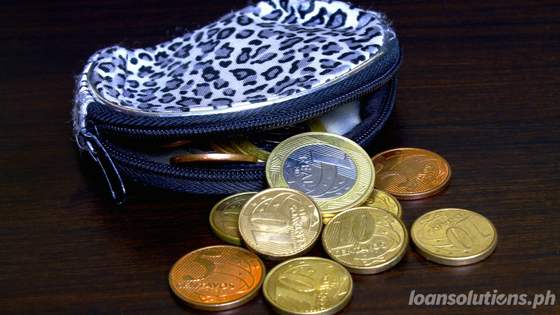“Do not save what is left after spending, but spend what is left after saving.” –Warren Buffet
You often hear the phrase “Financial freedom” but how will you achieve this end-point while making ends meet with what you have? Here are some actionable steps to begin with:
-
Calculate your expenditure
Before you start saving money, you need to have a clear image of how much you spend on average every month. Do a detailed calculation of your daily expenses and extrapolate it to 31 days in a month. Record your financial commitments and possible investment options. From there, you can fine-tune your expenditure and notice where the bulk of your money goes out. Although we do not condone going overboard, keeping track of your expenses will make you aware of your financial standing and ultimately mold you into a conscious consumer.
-
Eat in
We all need to eat, but sometimes our food and beverage habits can go overboard. Particularly for working individuals, eating at restaurants may be convenient, but ultimately expensive. Cooking your own meals can save you thousands in the long run if you plan your meals and purchase groceries in large quantities. Another plus point to eating in is the ability to cater a healthier diet. If you live with housemates or siblings, cooking big portions means feeding more mouths. If the cost of food and groceries are shared, your expenses go down tremendously.
-
Curb Bad Habits
Some bad habits that prohibit you from saving money come in the form of smoking, excessive alcohol consumption and binge spending. As sin taxes are gradually increased, you find your pockets empty with every purchase of tobacco or alcohol. If you consume these two on a regular basis, you are risking your health which may lead to more expenses later on.
The same can be said about binge spending. If the word ‘SALE’ turns you on, be wary. Binge spending, or sometimes called Compulsive Buying Disorder simply means an obsession for purchasing at a high cost without thinking about the consequences of your expenditure. Shopping for clothes and accessories should be done in moderation. Do also limit your credit card purchases to necessities such as fuel and flight tickets instead of clothes and food.
“We buy things we don’t need with money we don’t have to impress people we don’t like.”– Fight Club by Chuck Palahniuk
Showing off may be a huge area for improvement especially with those who are young.
-
Delayed Gratification Principle
In line with the previous method of curbing bad habits, one proven method to ensure financial success is to use the Delayed Gratification principle. Delayed gratification in financial terms simply means saving your expenditure for a later time. There will always be promotions. There will always come new sales and discounts. There will always be things to buy. The power of delayed gratification brings rewards in the future. Train your mind and body to save money for a rainy day and you will thank yourself for doing so.
